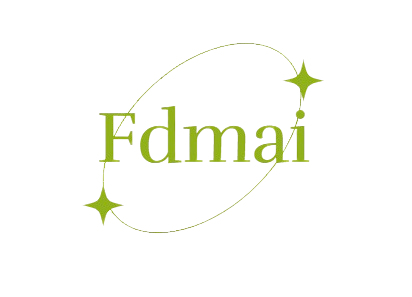Dystopian novels offer readers a thrilling escape into imagined futures where societal norms are turned upside down, and the consequences of human actions loom large. These tales often serve as cautionary reflections on our world, exploring themes such as government control, environmental degradation, and technological advancements. Here’s a curated list of some of the best dystopian novels to dive into right now, showcasing a blend of classics and contemporary works:
- “1984” by George Orwell
A cornerstone of dystopian literature, Orwell’s “1984” paints a chilling portrait of a totalitarian state where the government exercises extreme control over every aspect of life. The themes of surveillance, propaganda, and individual freedom resonate deeply in our modern world. Winston Smith’s struggle against the oppressive regime remains profoundly relevant today.
- “Brave New World” by Aldous Huxley
Published in 1932, Huxley’s vision of a future society is hauntingly prescient. In this world, technological advancements have created artificial happiness through genetic engineering and social conditioning. The novel raises questions about individuality, freedom, and the price of a utopian society, making it a must-read for fans of dystopian narratives.
- “The Handmaid’s Tale” by Margaret Atwood
In a not-so-distant future, a theocratic regime has taken control, and women are stripped of their rights. Atwood’s chilling portrayal of oppression and patriarchy through the eyes of Offred, a Handmaid forced into childbearing, is both gripping and poignant. The novel’s themes of resistance and rebellion have resonated profoundly in contemporary discussions of women’s rights.
- “Fahrenheit 451” by Ray Bradbury
Ray Bradbury’s classic explores a future where books are banned and “firemen” burn any that are found. The novel dives into themes of censorship, the dangers of conformity, and the loss of critical thinking. Its exploration of the impact of technology on society remains pertinent as we navigate the challenges of the digital age.
- “The Road” by Cormac McCarthy
In a post-apocalyptic world ravaged by an unspecified disaster, a father and son journey through the desolation, struggling for survival. McCarthy’s prose is sparse yet haunting, creating an emotional portrayal of love and hope in utter despair. This novel forces readers to confront the fragility of humanity and the lengths one will go to protect loved ones.
- “Station Eleven” by Emily St. John Mandel
This beautifully crafted narrative follows a group of survivors in the wake of a global pandemic that wipes out most of humanity. Spanning multiple timelines and perspectives, “Station Eleven” explores themes of art, memory, and the interconnectedness of life. It offers a hopeful lens through which to view the future, even after devastation.
- “The Power” by Naomi Alderman
In a world where women develop the ability to emit electrical shocks, power dynamics shift dramatically. Alderman’s thought-provoking novel examines gender roles, societal structures, and the implications of power. This riveting tale prompts readers to consider what happens when the balance of power is tipped and the effects of absolute power.
- “Never Let Me Go” by Kazuo Ishiguro
Set in a dystopian world where human clones are raised for organ donation, Ishiguro’s novel thoughtfully delves into themes of humanity, love, and existential questions. The narrative follows Kathy, Tommy, and Ruth as they navigate their fates, offering a poignant exploration of what it means to live and love in an uncertain world.
- “Children of Men” by P.D. James
In a bleak future where humanity faces extinction due to infertility, James’ novel follows a disillusioned bureaucrat, Theo, who becomes entangled in a fight for hope and survival. The narrative examines themes of despair, societal collapse, and the value of life through poignant storytelling.
- “Oryx and Crake” by Margaret Atwood
In this speculative fiction novel, Atwood explores a future shaped by genetic engineering and corporate greed. The story follows Snowman, one of the last humans, as he navigates a world altered by science. Examining themes of bioethics, environmental destruction, and human nature, “Oryx and Crake” serves as a stark warning about the consequences of unchecked progress.
Conclusion
Dystopian literature invites us to reflect on our world while providing gripping narratives that captivate the imagination. Whether you’re delving into classic works or contemporary explorations, these novels will not only entertain but also provoke thought and discussion about the society we live in and the future that lies ahead. As we navigate the complexities of modern life, engaging with these stories offers valuable insights and perspectives that resonate beyond their fictional worlds.











